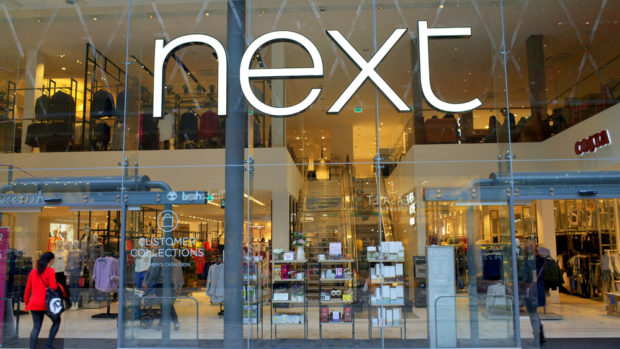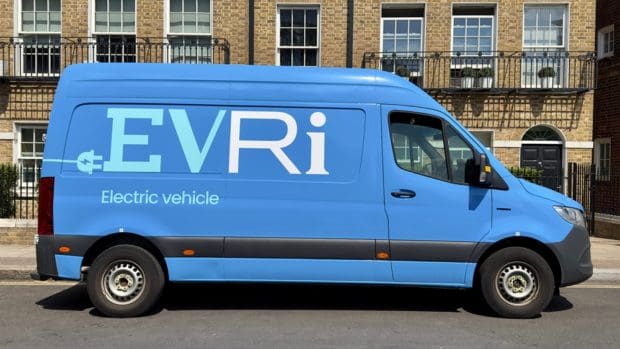Love for the brand has a huge impact on a customer’s loyalty to a retailer, as well as their likelihood to recommend it to others, according to a new study released this month by Energy PR.
People who love a brand are three times more likely to recommend it and will tolerate it making twice as many mistakes as other brands before taking their custom elsewhere. Indeed, their research shows that, a retailer that is loved can ‘mess up’ almost five times and people will still stay loyal to it.
The firm’s Brand Love report, which surveyed over 100 top marketers, looked to identify what it takes to create a great brand and what’s also required to make it a loved brand. Contrary to popular opinion, being original isn’t that important when it comes to greatness.
Despite the success of innovative retailers such as Apple and IKEA, only 17 per cent of marketing experts think that uniqueness is important, and just one in ten (11 per cent) believe a brand’s greatness is determined by its level of innovation. Instead, the key ingredients for greatness are trust (60 per cent) and how a brand makes a consumer feel (58 per cent). These out-perform even practical considerations such as customer support (34 per cent) and value for money (33 per cent).
Even if a brand achieves greatness this is no guarantee that it will be loved, according to the report. As to be loved involves a greater level of intimacy. Over half of the marketers studied said that a loved brand must align to the customer’s values (55 per cent), while 42 per cent said that it must be part of their life. Over a third (38 per cent) went further, adding that such a brand needs to be closely tied with the customer’s identity.
Interestingly, the list of top 10 brands that marketers feel 100 per cent committed to is dominated by retailers, including Amazon, Tesco, Asda, Apple and Nike. The full list is as follows:
- Apple
- Nike
- Adidas
- Sky
- Samsung
- L’Oréal
- Amazon
- E.on
- Tesco
- Asda
On the flip side, there are some mistakes brands do make on the path to greatness and love. The report found that the most common centred around neglecting the feelings of customers by focussing solely on new customers (58 per cent), forgetting current customers (54 per cent), being inconsistent with messaging (28 per cent), failing to understand customers properly (28 per cent), and not being authentic (27 per cent).
Louise Findlay-Wilson, managing director of Energy PR, said: “A key take away from our research is that the best brands aren’t necessarily great innovators, but, if you read between the lines, they are all great communicators.
“Without communications retailers will struggle to demonstrate their values or become part of someone’s life and identity. Communications are an effective way to show customers that a brand ‘gets them’, it cares, and to make them feel good. And once the customer loves a brand, those communications are still crucial. As our research shows, a consumer may tolerate a retailer they love messing up, but they won’t tolerate it neglecting them in favour of new customers. That’s a massive betrayal of that all-important trust. That’s why great communications remain key.”








Share